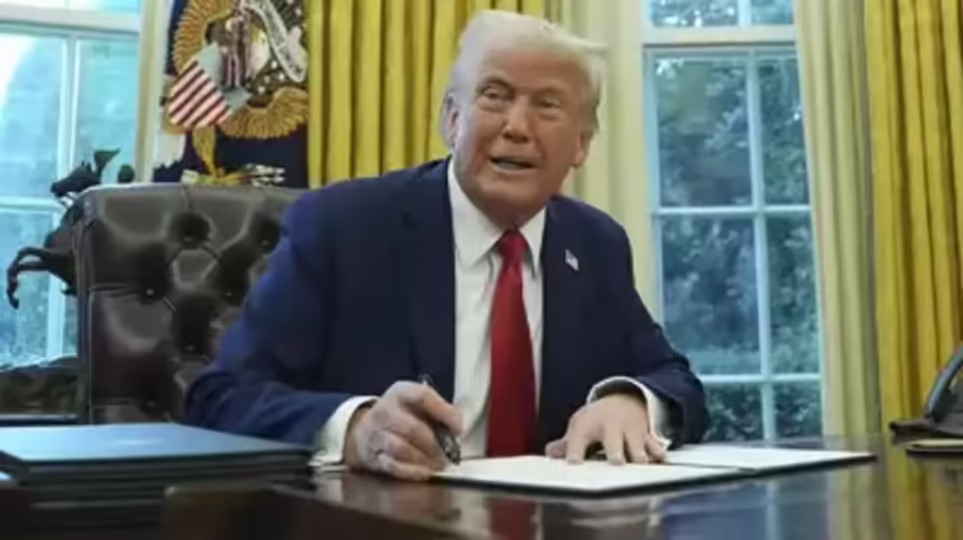Federal Judge Blocks Trump's Order to Defund Diversity Programs
Sat, 22 Feb 2025

U.S. District Judge Adam Abelson in Baltimore has issued a preliminary injunction against President Donald Trump's executive order aimed at terminating federal support for diversity, equity, and inclusion (DEI) programs. This decision temporarily halts the enforcement of the order, citing potential violations of constitutional free speech rights. On his first day back in office, President Trump signed an executive order directing federal agencies to eliminate all "equity-related" grants and contracts. A subsequent order required federal contractors to certify that they do not promote DEI in their workplace policies. These actions were part of a broader initiative to dismantle DEI programs within federal operations and among entities engaged in business with the government. The executive orders prompted immediate legal challenges. The plaintiffs, including the city of Baltimore and several higher education organizations, argued that the directives were unconstitutional and represented an overreach of presidential authority. They contended that the orders discouraged organizations from supporting DEI initiatives and infringed upon free speech rights. Judge Abelson, appointed by President Joe Biden, concurred with the plaintiffs' concerns. In his ruling, he emphasized that the executive orders exerted undue pressure on businesses, educational institutions, and public entities, effectively silencing discourse on diversity and inclusion. He described the orders as "public, vague, [and] threatening," leading to a chilling effect on free speech. Despite the injunction, Judge Abelson's ruling permits the U.S. Attorney General to investigate DEI practices and compile a report on their implementation. This aspect of the order remains intact, allowing for continued assessment of DEI programs without enforcing the broader prohibitions outlined in the executive orders. The Trump administration has defended its actions, asserting that the executive orders target only DEI programs that purportedly violate federal civil rights laws. Officials argue that the government possesses the authority to align federal spending with the president's policy priorities. However, critics view these measures as attempts to dismantle longstanding efforts aimed at promoting diversity in workplaces and educational settings. The legal battle over the future of federal support for DEI programs is poised to continue in the coming months. The outcome of this case could have far-reaching implications for how diversity and inclusion initiatives are implemented and supported across various sectors in the United States. In a related development, President Trump recently removed Air Force General CQ Brown from his position as chairman of the Joint Chiefs of Staff. This move is part of a broader effort to replace military leaders who have been supportive of diversity and equity initiatives. General Brown was notably the second Black general to hold this esteemed position. The intersection of executive authority, free speech rights, and diversity initiatives continues to be a contentious area of legal and political discourse. As this case progresses, it will serve as a critical examination of the balance between governmental policy directives and constitutional protections.
